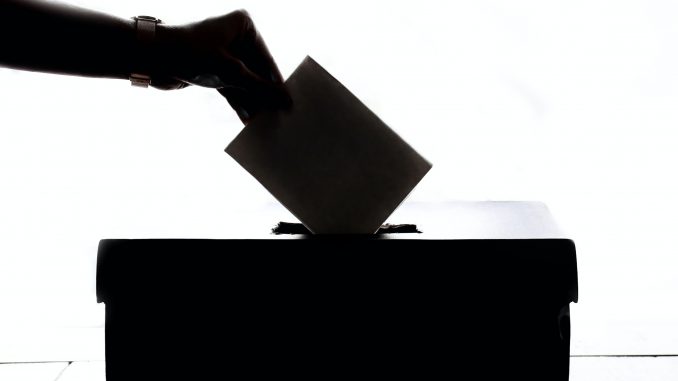
Published in El Pais, 1 December 2020.
In many struggling democracies voting fraud has always been an issue. Last year Bolivia’s election was found to be ripe with fraud by the Coalition of American States, this year things seemed to have improved but many feel the election was not completely legitimate despite having little proof to back their claims. Even countries with a supposedly stable democracy such as the United States are facing their own crisis as Trump supporters claimed the election results were fraudulent, again with no evidence to support their claim. What can we do to ensure that elections are not only done fairly but in a way that no one can contest them? Maybe blockchain is the answer.
Blockchain is a technology that creates a decentralized immutable ledger that is incredibly secure, especially compared to most security standards of today. Just to give you an idea of how difficult it is, to hack the Bitcoin network in June (and the difficulty has gone way up since then) you would need roughly $1 billion dollars in mining equipment and employ thousands of people to set it up with an enormous amount of power at its disposal. Long story short, it cannot be done. This is not the same for all blockchains and there are some that have been hacked even recently but developed properly it would surely be more secure than the traditional ballot methods used by most countries today and be incredibly more difficult to commit voter fraud.
So how would this be implemented? The greatest benefit to this would be that it would require remote voting, so you could do it in the comfort of your home rather than having to travel far. This of course could have been very beneficial right now to limit crowds at polling stations during a pandemic and could still be helpful during other minor outbreaks of disease such as the flu. It could also increase voter turnout since it will be less time consuming to vote. For those who are technologically limited or without internet access you could still have traditional polling stations but even they too would benefit as they would face much shorter lines than before.
So, what is stopping countries from doing this? Mainly its lack of understanding. I have spoken to many who think Bitcoin can be copied just like any old digital file, many more who are unconvinced that it cannot be hacked and it will only be a matter of time before a device is created to do so. Unfortunately, this means even if blockchain technology is utilized it will not stop cries of foul play even if it is not warranted. Considering convincing the public the election was fair is part of the problem, blockchain will likely not fix that, at least not yet.
Despite the draw back I do believe this is something all governments can look into it, eventually the skeptics will come around and we can have complete confidence in our respective countries electoral process
Be the first to comment